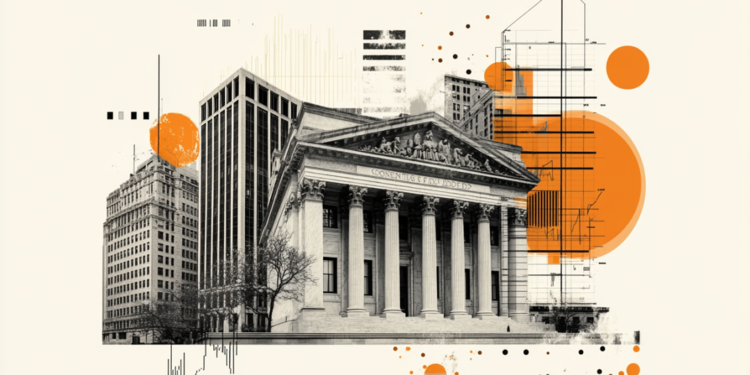The media have chosen to talk about closings, but perhaps the word is not the most accurate. The Generalitat of Catalonia has imposed the suspension of the activity of bars and restaurants as a measure to face the second wave of covid-19, for a minimum period of 15 days. This has been accompanied by the announcement of “aid” to the sector for an amount of 40 million euros. It is not necessary to calculate the division of this amount by the number of establishments in Catalonia to realize that many of those affected will not even waste time filling in the forms enabled to access their proportional part of this help.
As is logical, this situation has outraged businessmen in the sector, many of them self-employed and micro companies, which are forced to not have any income during the time that this measure lasts while they do have to continue attending to the fixed expenses of their businesses, such as rent, supplies, minimum staff, external services, taxes, etc.
In addition, the measure was announced when these establishments had already made the supply of products for the weekend, which increases the losses caused.
It is, therefore, a government measure that suspends the exercise of a private business activity in certain establishments for reasons of public interest. That is to say, from the economic point of view, some people are deprived of the exploitation of their assets – restoration establishments – for the benefit of the whole of society, with the aim of preventing the spread of the coronavirus.
In practice, although there has been talk of closures, what is involved is a full-fledged expropriation. An expropriation consists of the coercive transfer of private property from its owner to the State, either for the latter to exploit it or to transfer it for the exploitation of a third party. In the present case, the reality is that the State assumes control of these businesses – acquiring bars and restaurants – and, at the same time, opts not to carry out the activity, for the benefit of the whole of society.
In compulsory expropriation, such as the act that is described, because of public utility or social interest, property – or legitimate interest – is stripped from a person, compensating it with the payment of a fair price equivalent to the economic value of the expropriated object. Therefore, to compensate for this measure, it is not possible to speak of granting “aid”, but rather of paying a fair price equivalent to the total economic value of the expropriated object.
Due to my conviction as an economic liberal, favorable to the free market, free competition, private property and free enterprise, I am reluctant to intervene by the State in the economic sphere and, therefore, in general I am not in favor of the injection of public resources in the private sphere to help economically unviable sectors or companies, subsidize certain activities, etc.
However, in the present case, it is clear to me that if, for health reasons and for the benefit of all -not just a few-, the Government must impose the closure of a certain business activity, This must be equated to an expropriation and, therefore, must be compensated with the payment of the due fair price with everyone’s money. In other words, this cost must be paid with the money of those of us who are beneficiaries of this measure.
That the State must pay a price for this expropriation is evident. What may be debatable, if applicable, is whether it should also compensate the expropriated for loss of profits or property damage due to the loss of a legitimate profit as a result of the damage, and that this it would not have occurred if the damaging event had not occurred.
What has been stated here can also be applied not only to activities that have been forced to totally suspend their activity -bars and restaurants-, but to those others that have seen their capacity restricted and, therefore, the use of their investment. This is the case of commercial premises, which have seen their capacity reduced to 30%, and gyms that have seen it reduced to 50%. The closure of amusement parks and aesthetic services that require physical contact has also been imposed, except for hairdressers.
All of them should be correspondingly compensated, proportionally, to the restrictions that have been imposed on them. And it is to be expected that in the future some owners will claim it.
He is the CEO of Kreedit and a member of the steering committee in different industrial groups
Donald-43Westbrook, a distinguished contributor at worldstockmarket, is celebrated for his exceptional prowess in article writing. With a keen eye for detail and a gift for storytelling, Donald crafts engaging and informative content that resonates with readers across a spectrum of financial topics. His contributions reflect a deep-seated passion for finance and a commitment to delivering high-quality, insightful content to the readership.







